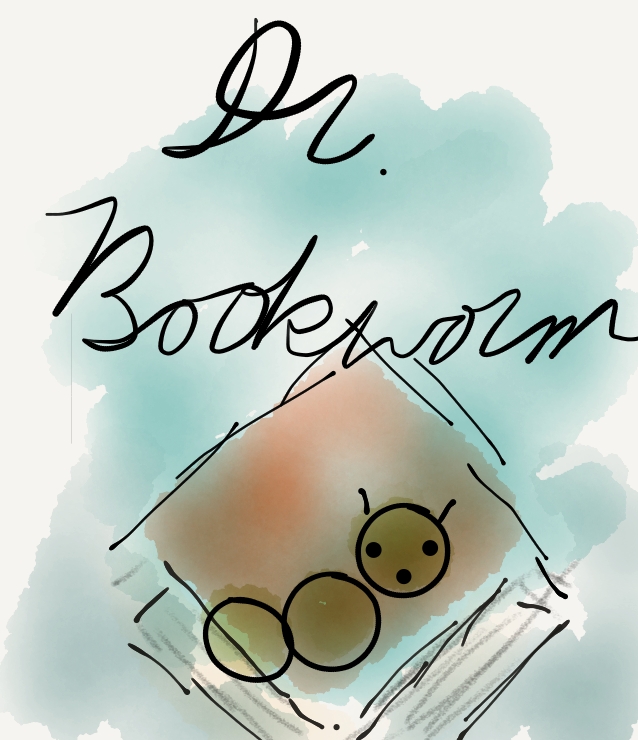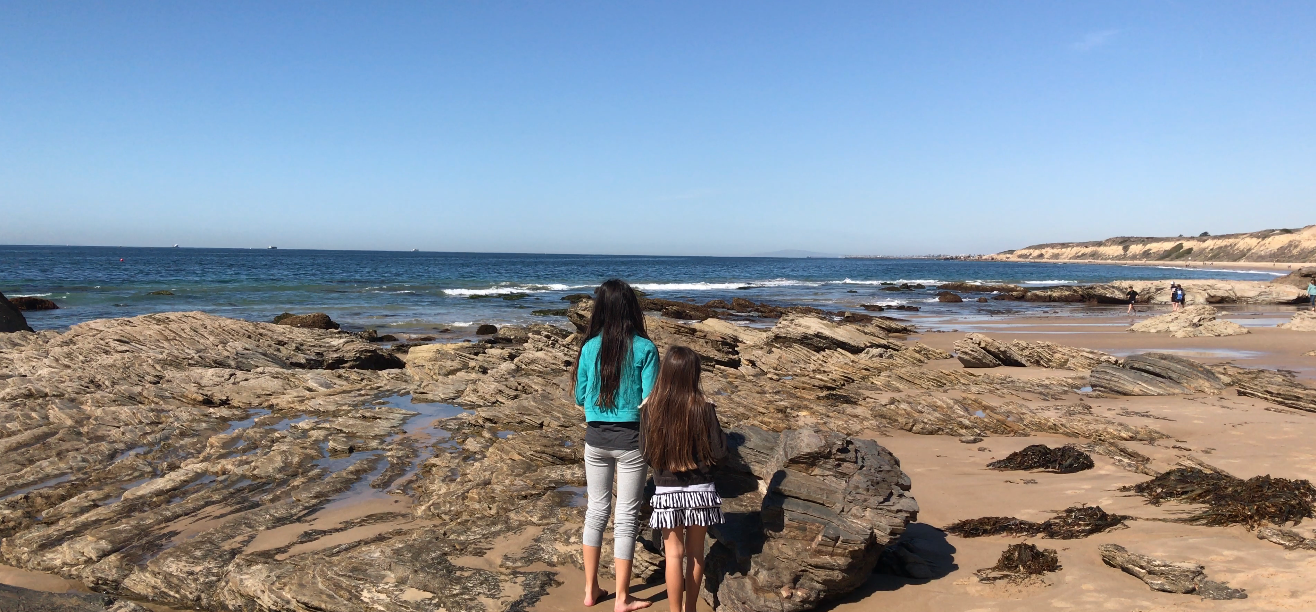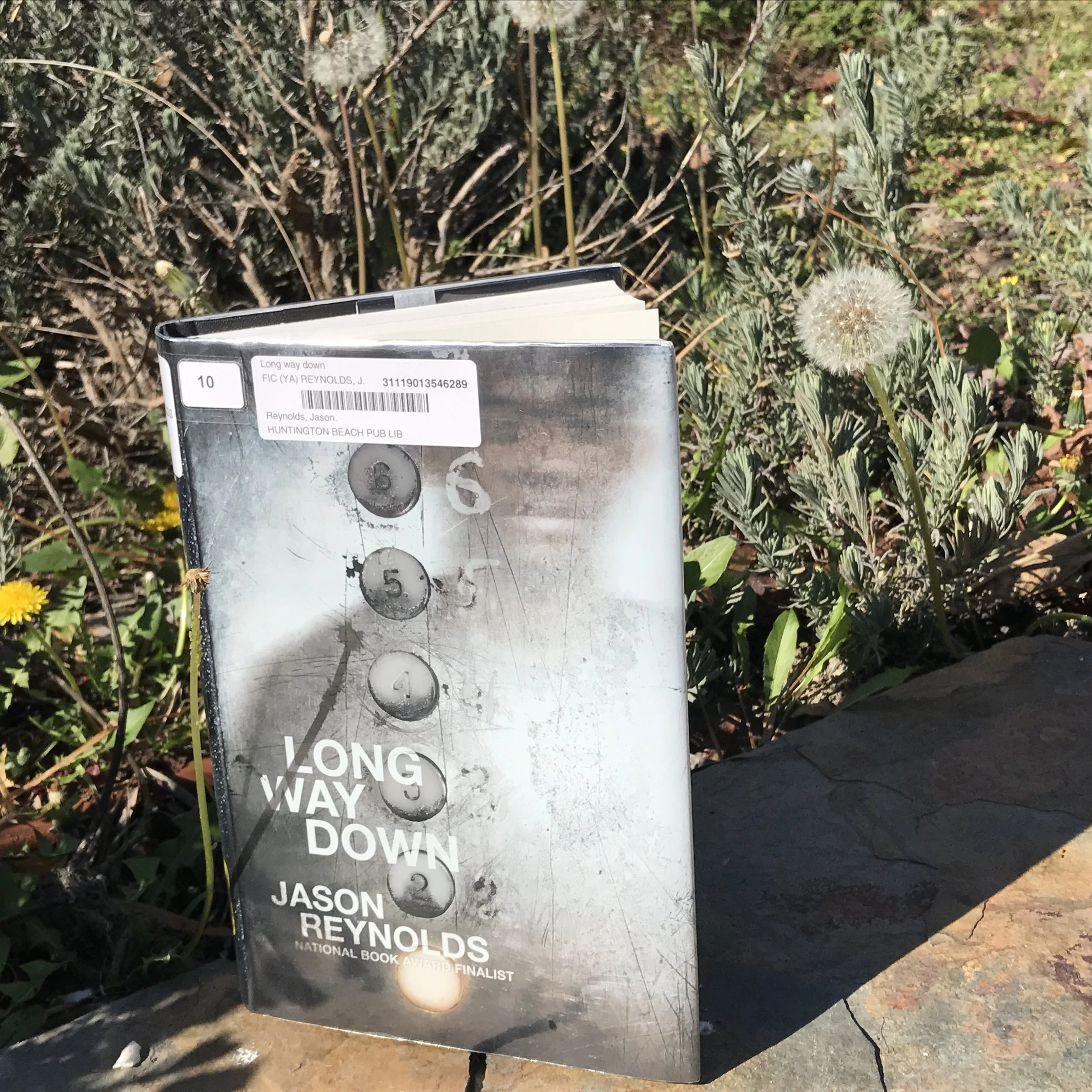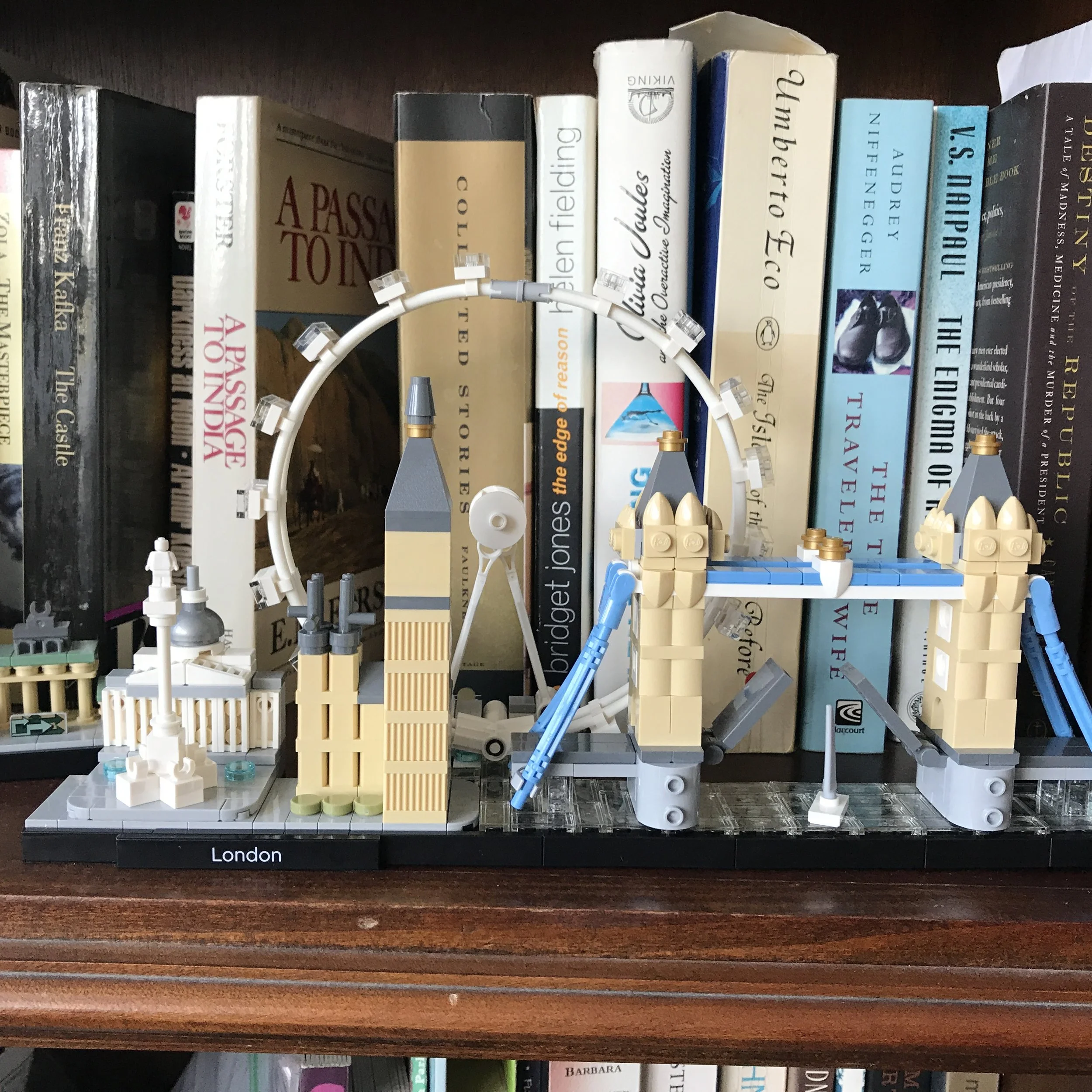I Have Lost My Way
I read I Have Lost My Way completely backwards. Or completely out of order, at least. Have you ever done that? Skipped ahead to get to the crux of the matter? Or because there's a scene you want to spoil for yourself?
I skipped around and then read the last third and then went back to the parts I skipped.
And because I was simultaneously reading Hello, Universe for our read-along, I saw many similarities. The two novels are for different age groups, of course, as I must emphasize because if I had read I Have Lost My Way before Mini Me did, it's possible that I would have told her to wait a few more years before reading it. There is nothing explicit, but there are many, many topics that a 12 year old may not be ready for. As it was, I was too late, and Mini Me is a very years-beyond-her-own-age type of kid. Still I told her to ask me if she wanted to talk about ANYTHING at all she may have questions about in the novel. She finished it a month ago so she shrug her shoulders.
I HAVE LOST MY WAY, is about three young adults who on the surface have nothing in common except for the fact that they all feel lost in their own ways. And a series of circumstances pulls them together on one day in which they find themselves again through an overarching connection and bond.
To me, this is the essence of Hello, Universe too but for twelve-year-olds: they find themselves in these newfound connections that makes a difference in their lives. In a way, they are both coming-of-age novels set at different life stages and occurring over the course of one day.
Gayle Forman has this knack for getting to the heart of a character. In all of her novels, she really has a sense of who these characters are and what connects the people around them.
I bought I Have Lost My Way when I met Gayle Forman at one of the talks at the L.A. Times Festival of Books this year. There is a debate among the KidLit community (and beyond) about who gets to write certain stories. I'm going to bungle it up a bit, but essentially, are you allowed to write a story about someone outside your cultural experience? I say "YES". As long as it's done respectfully and with purpose (and research!). Mini Me and I have been discussing this topic as Mr. Bookworm is white and is writing a character who is half-Filipino. With a Lola. I'm Filipino and Chinese. And Mr. Bookworm has had plenty of research with my family. Having said that, I'm sure I will be one of his 'sensitivity' readers.
Similarly, Forman's three main characters in I Have Lost My Way are ethnically diverse: an Ethiopian-Jewish teenage girl, a Pakistani Muslim gay teenage boy, and a white boy from the middle of America. And I think she makes me believe in each one of them. Forman did a lot of research and also intentionally-unintentially had her own set of sensitivity readers. Whereas I have read other novels where the main character happens to have a surname from a specific background but that cultural background never comes to play in the novel. Or is ever hinted at. (BTW, Forman also mentioned that her husband is Ethiopian and her daughter is mixed Ethiopian-Jewish too.)
On the other hand, I do feel like we need more diverse writers out there too. It's a conundrum.
Either way, I feel like I Have Lost My Way had just the right amount of angst, laughter, connection, and heart to make it a perfect summer read. I feel like I learned something about these characters (and cultures) and I also learned something about myself. I don't know if you can get any higher praise than that in reading a novel!
Forman's characters often stay with me for a long time after, and this book is no different. Though I still claim Where She Went as my favorite of her novels so far. Disclaimer: I've 'only' read five of her nine novels. :D
Finally, I want to say that I can listen to writers talk about craft and inspiration all day. One thing I jotted down of the many inspiring things Forman said during the Festival of Books?
"The opposite of grief is love."
Forman's words just stick with me somehow. And I Have Lost My Way was no different: an amalgam of three young adults losing what they thought was most important to them, and starting to find themselves again. A interconnected coming-of-age like no other.
Tell Dr. Bookworm!
Do you read books out of order? Or the end first? Which ones and why?
Do you recognize the maps from two fictionalized worlds above? Which fandoms are those maps from?






